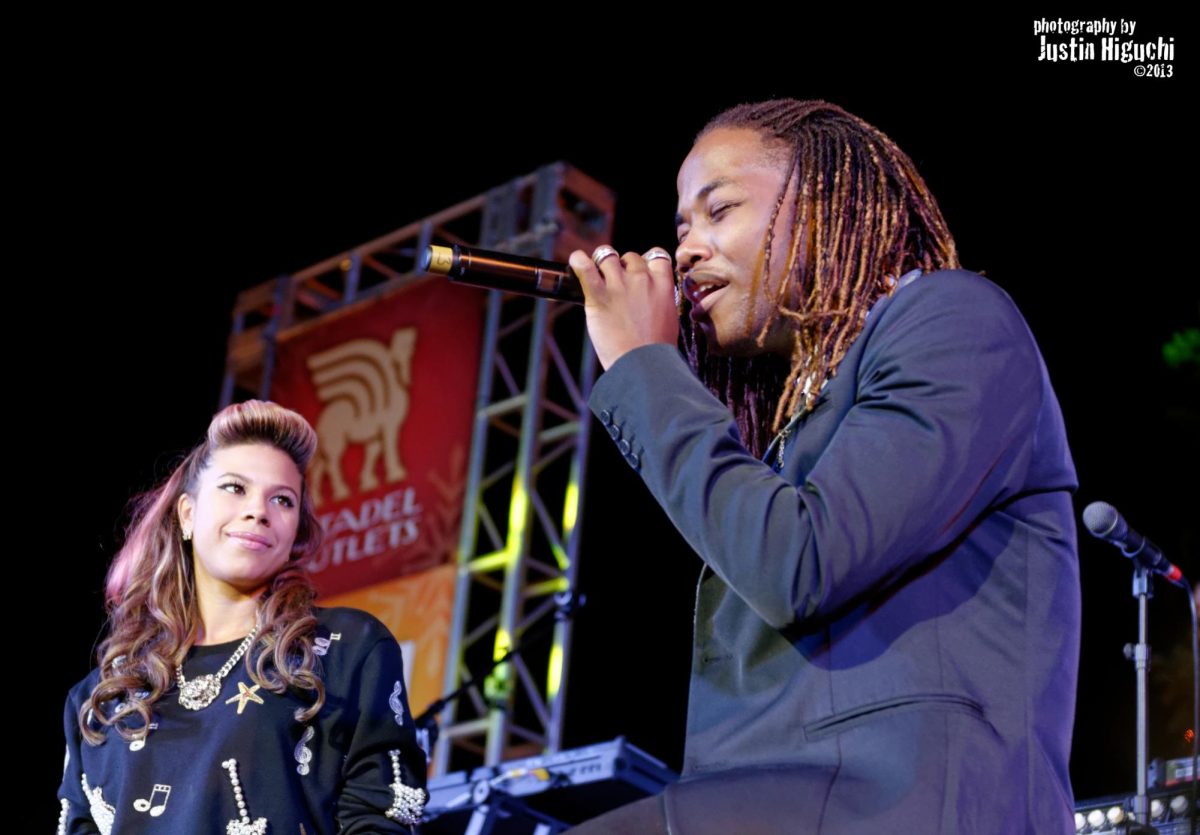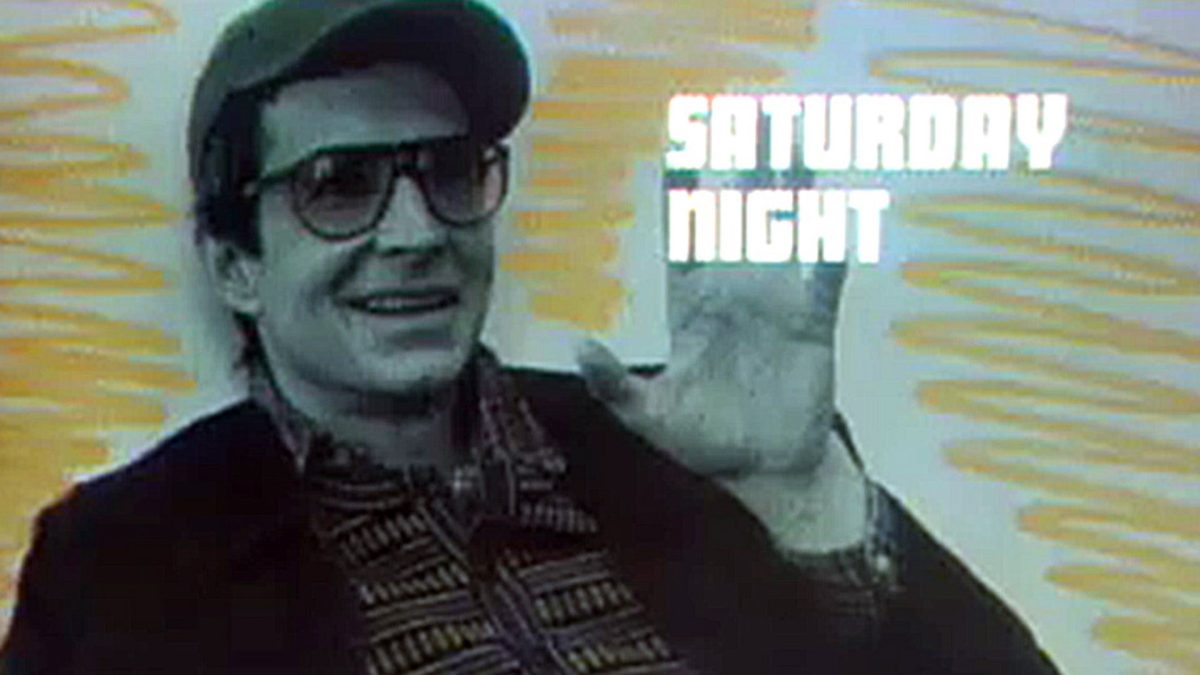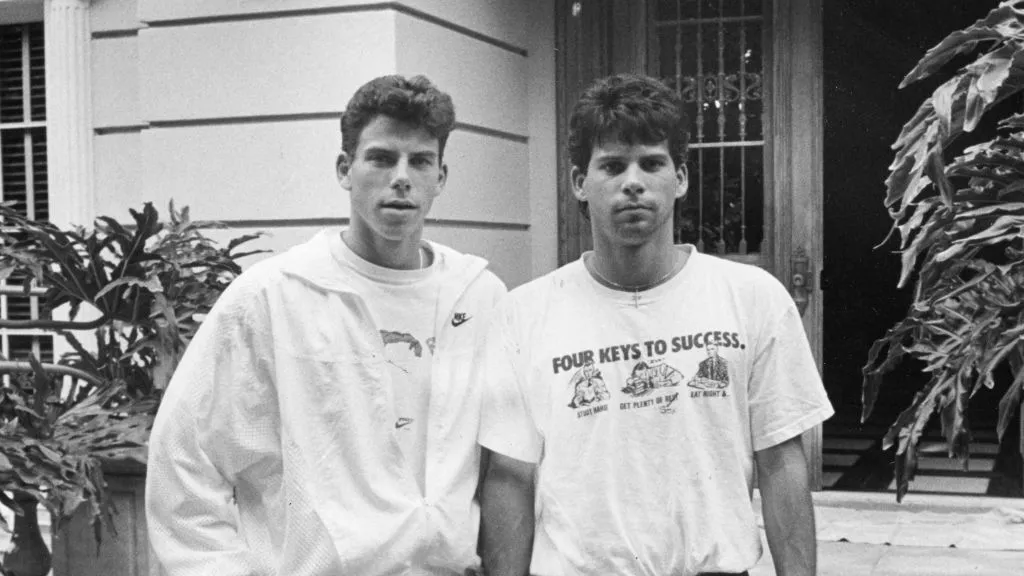Ladies – have you ever wondered which religion is right for your body type? Or why, scientifically, women can’t drive? Megan Amram, comedian and writer for NBC’s Parks and Recreation, answers both questions and more that fill a woman’s brain in her new satirical faux-textbook, “Science… for Her!”
After graduating from Harvard in 2010, Amram moved to Los Angeles to start her career as a comedy writer. She decided to start a Twitter account to practice joke-writing and make her friends laugh, but her absurd and hilarious tweets gained the attention of professional comedians in Los Angeles, and she landed her first TV writing job writing for the 2011 Academy Awards. From there, she became a television writer, eventually ending up at NBC’s Parks and Recreation. At only 27 years old, she is now also an author.
“Science… for Her!” is a fake textbook that parodies women’s magazines and pokes fun at the notion that women have little understanding of science and the world around them. Megan Amram, the character she writes as in her book, often deviates away from science to refer to ex-boyfriend Xander or her many “BFF’s” (for whom she writes a 12 page dedication at the beginning of her book). I spoke with Amram about her book, feminism and how feminism is portrayed in the media.
Broti Gupta (B.G.): How did you come up with the idea for this book?
Megan Amram (M.A.): Well, I wanted to write a comedy book before I knew what I wanted it to be about. And I wanted it to have an aesthetic that was not just a collection of comedy pieces. So women’s magazines are something I’ve always been fascinated in and sort of frustrated by. And I thought it could be a really fun aesthetic to make a fake magazine. I thought through what the satire might be and I figured that women’s magazines are already pretty sexist, so if I pushed that out to its farthest point, I guess it would be a science textbook that said that women don’t understand anything about their lives or bodies or the world we live in. So it happened sort of organically like that.
B.G.: Now more than ever, while we’re all watching politicians decide what women’s bodies do, this is great to read.
M.A.: Exactly. If you watch people like Todd Akin make comments that are so off-base and so harmful to women who have been victims of sexual abuse or any number of things, your responses could be anger or frustration. Or you are hopefully trying to channel that frustration into a place where you try to show how crazy the words that Todd Akin said were by asking yourself, “Well if that’s correct then what else is correct?” If women’s bodies shut down with legitimate rape, then what else do women’s bodies do that are horrible and sexist that we might not think are real but are?
B.G.: Something else that I really love about your book are the quizzes or lists. When you were researching women’s magazines, what were some interesting things that you found that you thought, “This is something I want to parody.”?
M.A.: I love how there are these tropes in women’s magazines that keep popping up every single issue, and quizzes were one of them, which, hey, I loved a good quiz in my time. I still take quizzes that are like, “What type of girlfriend are you?” I know it’s so stupid, but I do want to know what type of girlfriend I am! So, playing with that was very fun. And the quiz called, “Do You Have Cancer? A Fun, Flirty Quiz!” was one of the first pieces I wrote before I did this book, just for my blog, and I put it in because it fit really well. But, I loved the top ten lists, or lists in general, which have become such a pervasive part of the internet too. So one of the pieces in my book is “This Spring’s Hottest Ten Numbers from 1-10,” and I personally really liked that because I’ve wanted them to make a top ten numbers list for a really long time. There are only so many tropes that magazines use, and they repeat them so many times that it makes you feel kind of crazy. So I would read thousands of women’s magazines all at once. You’d be like, “Oh didn’t I just read this article about the hottest new fall capes or whatever,” and it just gets you into this zone of hypnotism. So I hopefully put in that kind of feeling in my book. If you read it all at once, it will make you feel crazy.
B.G.: I got that feeling! I ended up just as attached to Xander by the end of the book.
M.A.: Oh thank god. Unless you’re the one he left me for. Then, you’re a bitch (laughs).
B.G.: I really like your editorial voice in this book. Could you talk about the editorial voices you found within magazines and what you did to heighten those?
M.A.: Yeah, that was a big part of reading all those magazines at once. I really wanted to get in the mindset of “How are they writing to other women?” It uses this voice that I’ve obviously heightened times a million that seems sort of passive aggressive to me because it’s either praising the reader, telling her she’s perfect the way she is and she’s your best friend. Or it’s saying that you need to change yourself in some way just to be more beautiful in some way or more trendy or more desirable. And, their versions are very subtle whereas mine are literally telling my reader that she’s my best friend but her hands are too fat to turn the pages. So, I come at it very strong. I think it’s less of a reality and more of a stereotype, hopefully, because I have a ton of girlfriends who I truly love. I feel very comfortable with them, and I’m not passive aggressive towards them. But it’s such a stereotype that women hate other girlfriends, and I really dislike that and because I dislike it I play it up to the nth degree in my book.
B.G.: I love that and it must be great writing for Parks and Recreation where the female friendships are so important.
M.A.: One of my favorite parts about the show is that Leslie, Amy Poehler’s character and Ann, Rashida Jones’s character, are so loving, and I think our show really looks at different types of falling in love, so you can fall in love with your significant other and you can fall in love with your best friend and you can fall in love with your city. I think that’s a really cool modern idea, which is the opposite of stereotypes that women are backstabbing and are only trying to get a man.
B.G.: It seems like now, “feminism” is kind of a buzzword in television and the media, and it’s a tool that people use to call out celebrities on whether they self-identify as feminist or not. What are your opinions on that?
M.A.: I think it’s always great when people are talking about it. We’re not done with this. Celebrities saying, “I’m really in support of women, but I wouldn’t call myself a feminist because it has negative connotations,” is very problematic. Feminism literally means that you are not going to be discriminated against based on your sex or gender. That is all it means. And that there should be equality between the sexes. That’s a great thing. I love men, especially my ex-boyfriend Xander, and the misconception that feminism means the same as wanting women to gain control of the whole world is misguided and pretty toxic to the cause. You shouldn’t have to invent a new word to talk about moderate feminists. Just use feminism.






